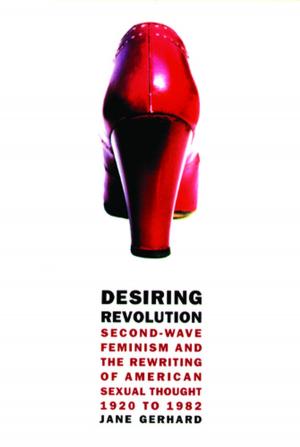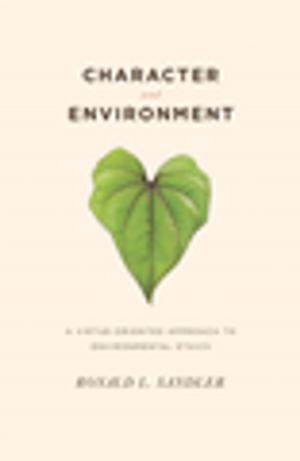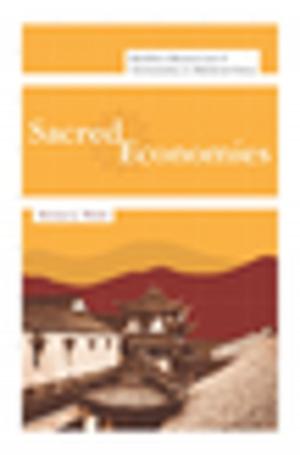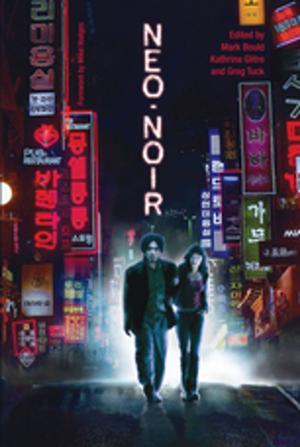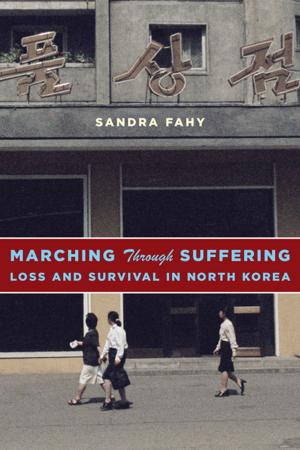We Need Silence to Find Out What We Think
Selected Essays
Fiction & Literature, Literary Theory & Criticism, Women Authors, Essays & Letters, Essays, Biography & Memoir, Literary| Author: | Shirley Hazzard | ISBN: | 9780231540797 |
| Publisher: | Columbia University Press | Publication: | January 5, 2016 |
| Imprint: | Columbia University Press | Language: | English |
| Author: | Shirley Hazzard |
| ISBN: | 9780231540797 |
| Publisher: | Columbia University Press |
| Publication: | January 5, 2016 |
| Imprint: | Columbia University Press |
| Language: | English |
Spanning the 1960s to the 2000s, these nonfiction writings showcase Shirley Hazzard's extensive thinking on global politics, international relations, the history and fraught present of Western literary culture, and postwar life in Europe and Asia. They add essential clarity to the themes that dominate her award-winning fiction and expand the intellectual registers in which her writings work.
Hazzard writes about her employment at the United Nations and the institution's manifold failings. She shares her personal experience with the aftermath of the Hiroshima atomic bombing and the nature of life in late-1940s Hong Kong. She speaks to the decline of the hero as a public figure in Western literature and affirms the ongoing power of fiction to console, inspire, and direct human life, despite—or maybe because of—the world's disheartening realities. Cementing Hazzard's place as one of the twentieth century's sharpest and most versatile thinkers, this collection also encapsulates for readers the critical events defining postwar letters, thought, and politics.
Spanning the 1960s to the 2000s, these nonfiction writings showcase Shirley Hazzard's extensive thinking on global politics, international relations, the history and fraught present of Western literary culture, and postwar life in Europe and Asia. They add essential clarity to the themes that dominate her award-winning fiction and expand the intellectual registers in which her writings work.
Hazzard writes about her employment at the United Nations and the institution's manifold failings. She shares her personal experience with the aftermath of the Hiroshima atomic bombing and the nature of life in late-1940s Hong Kong. She speaks to the decline of the hero as a public figure in Western literature and affirms the ongoing power of fiction to console, inspire, and direct human life, despite—or maybe because of—the world's disheartening realities. Cementing Hazzard's place as one of the twentieth century's sharpest and most versatile thinkers, this collection also encapsulates for readers the critical events defining postwar letters, thought, and politics.






